Miguel Velázquez and Chris Mahood: From Running Buses to Offering Rider-Focused Mobility Solutions
In this unprecedented episode of Transit Voices, we’re thrilled to introduce not one but two special guests: Miguel Velázquez, the new CEO of Rochester RTS, and the agency’s Director of IT, Chris Mahood. Together with host Ben Whitaker, they delve into an engaging conversation about their agency’s transformative fare payments journey.
The two guests explain how they have taken their agency all the way from basic ticketing through mobile ticketing barcodes, Account-Based Ticketing, cards, fare capping, and cash digitization, all the while recognizing that since COVID, transit agencies are not just about running 40-foot buses, but about providing mobility solutions to the entire community.
Miguel explains how offering new, more customer-focused ticketing options only works when the customer is properly engaged and understands that new ways of paying for transit are in their interest. “We really spent a lot of time communicating and providing hands-on education and training opportunities with our customers right at the transit center in front of our ticket vending machines and our customer service desk,” he tells Ben, “Just helping allay any of those concerns or those points of anxiety: am I buying the right fare for what I need?”
He adds that if you get it right, you get greater ridership and traveler satisfaction, explaining: “Let’s stop making transit something that is a hardship, or it’s just difficult, or there are challenges or barriers to using transit – we want to make it as easy as possible.”
Meanwhile, Chris talks about simplifying the method of identification for transit payments to eliminate another obstacle to boarding the bus, revealing, “by leveraging their employee IDs, their student IDs, their whatever it may be, so that it doesn’t become a secondary item that they have to keep on themselves,” he says. “It’s just an item that is standardized to their employment or as a student becomes an item that they can utilize for transportation.”
In the fascinating conversation, you’ll also hear their views on why AI is both a boondoggle and an opportunity for the industry, and Miguel’s advice to their counterparts in the transit industry to become completely customer-focussed: “We are going through a transformation as an industry, where we don’t think of ourselves just as a 40-foot bus going up and down the street anymore,” he says. “And so how do we become that next type of organization or industry that serves the customers’ expectations? I would encourage companies like Masabi and others that we need to get to a point where we know, just like many other industries know, who their customers are. The anonymity of our customers is still a big issue. ”

